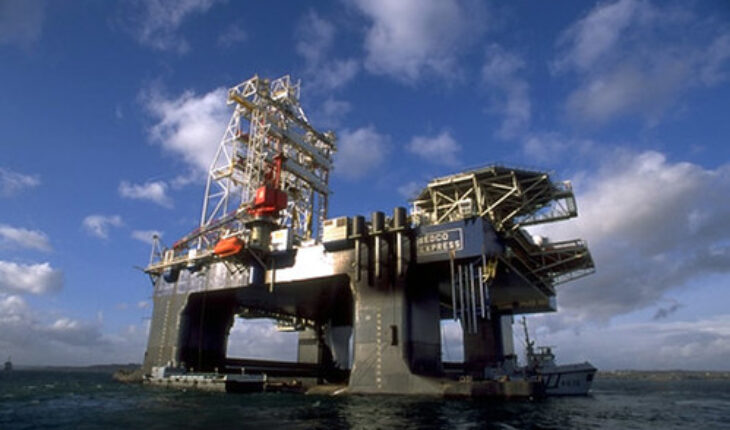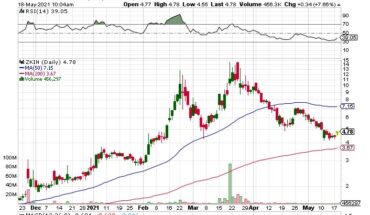Transocean Ltd (NYSE: RIG) shares overcame the blues of the COVID-19 pandemic and recovered to pre-covid levels with the support of benchmark prices.
Its huge long-term debt of $7.8 billion is a big concern for investor returns because of high-interest costs and sluggish demand.
Transocean provides drilling services for several upstream companies. Offshore drilling services are on a downward path in the recent period because of a surge in renewable energy investments and reduced benchmark prices.
Several oil majors adopted capital and operational efficiency measures. As a result, the market for offshore drilling expects to remain sluggish in the near future.
Reports loss of $117 million
Transocean reported a loss of $117 million in Q1 2021. Its contract revenues declined to $653 million (down by $37 million) in Q1 2021. It is on the backdrop of the sale of its harsh environment rig in this quarter. The company also reduced its ultra-deepwater activities in North America and Asia.
Its maintenance and operating expenses declined marginally to $435 million in Q1 2021 because of reduced activity, minimized shipyard activities, and in-service maintenance costs.
Transocean reduced its G&A expenses to $39 million QoQ (down 22%) in Q1 2021 because of no repetition of advisory, legal, and professional fees. Its cash flow from the operations declined to $96 million compared to $278 million in Q4 2020.
CEO of Transocean, Jeremy Thigpen, said the company delivered efficient, reliable, and safe operations to its clients in Q1 2021. It helped the company to report adjusted EBITDA of 35% in its history.
Jeremy said the company demonstrated consistent performance and differentiated it in the eye of customers. The company could convert its backlog in the future into cash.
Jeremy further said the company is pleased with growing customer inquiries for its ultra-deepwater and harsh environment projects. As the world clinches back to normal from the pandemic and resumes business activities, Transocean expects a surge in oil prices and to improve its revenues throughout this year.
However, its finances would depend on the demand for oil worldwide. Highly leveraged balance sheets and OPEC constraints pose a downside risk to the company in the future.




